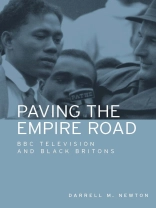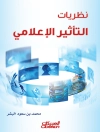Beginning in the 1930s and moving into the post millennium, Newton provides a historical analysis of policies invoked, and practices undertaken as the Service attempted to assist white Britons in understanding the impact of African-Caribbeans, and their assimilation into constructs of Britishness. Management soon approved talks and scientific studies as a means of examining racial tensions, as ITV challenged the discourses of British broadcasting. Soon, BBC2 began broadcasting; and more issues of race appeared on the screens, each reflecting sometimes comedic, somewhat dystopic, often problematic circumstances of integration. In the years that followed however, social tensions such as the Nottingham and Notting Hill riots led to transmissions that included a series of news specials on Britain’s Colour Bar, and docudramas such as A Man From the Sun that attempted to frame the immigrant experience for British television audiences, but from the African-Caribbean point of view. Subsequent chapters include an extensive analysis of television programming, along with personal interviews.
Topics include current representations of race, the future of British television, and its impact upon multiethnic audiences. Also detailed are the efforts of black Britons working within the British media as employees of the BBC, writers, producers and actors.
Inhaltsverzeichnis
List of Figures
Acknowledgements
Introduction
1. Radio, race, and the Television Service
2. Television programming and social impact
3. Voices of contention and BBC programming
4. A Black eye
5. Contemporary voices from within
Selected Bibliography
Index
Über den Autor
Darrell Newton is Professor of Media Studies and Associate Dean at Salisbury University, USA












